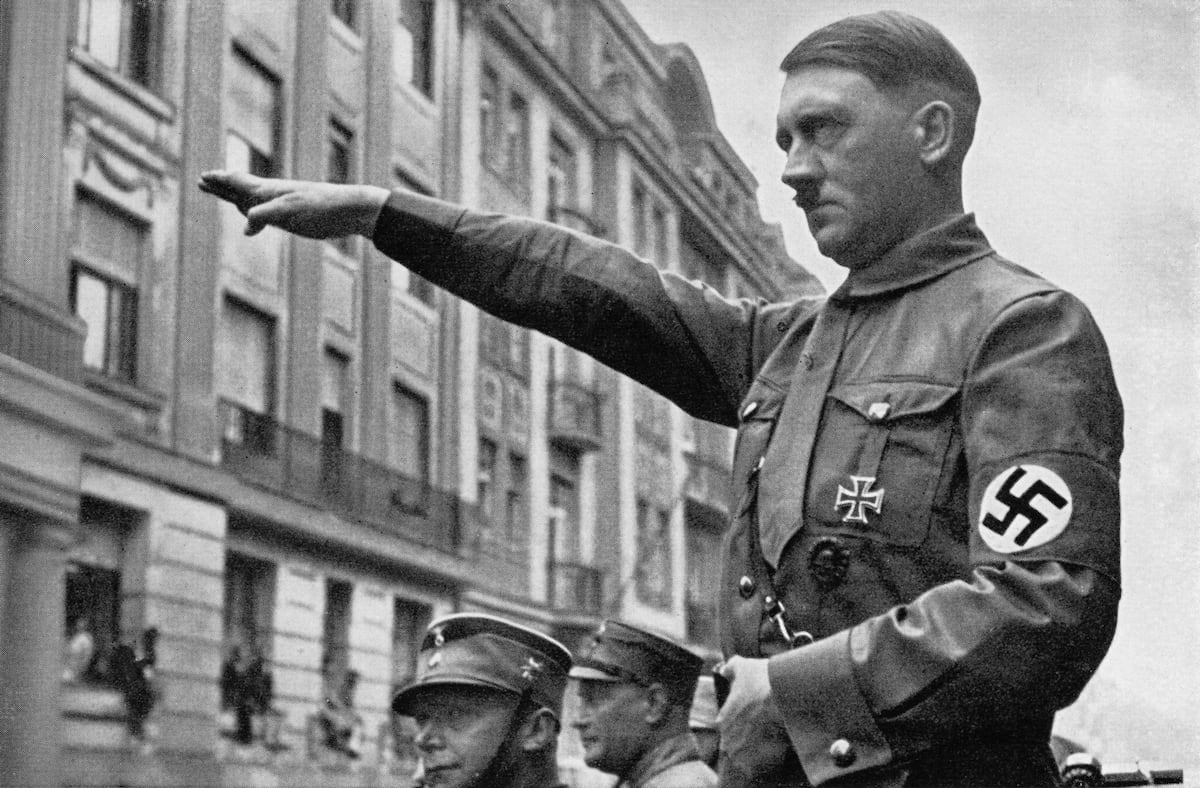
"It is no longer necessary to read Ian Kershaw's almost 2,000-page biography of Adolf Hitler to form an opinion on the Fuhrer's character. Now, a short book of just 170 pages does the job, delving into the personality of the Nazi leader and giving us the tools to understand who he really was. Hitler, truths and myths asks 20 questions about whether he was crazy and had an unhappy childhood to whether he was impotent and what he knew about the atomic bomb."
"The answers cover just about everything you ever wanted to know about Hitler and didn't know who to ask. The book is the work of Claude Quetel, a veteran French historian, author of numerous titles, including a history of syphilis, others on psychiatry and madness, and several related to World War II and Nazism: La Seconde Guerre mondiale, Femmes dans la guerre 1939-1945, Tout sur Mein Kampf and even Le Debarquement pour les Nuls."
"Quetel begins by recalling everything that has been written about Hitler, including the exhaustive biographies available to us the latest being Volker Ulrich's 2,000-page tome and asks himself what is left to say. In answer to that question, he writes, This book sets out to examine what is problematic in a biography of Hitler. He is not reviewing Nazism, the genocide of the Jews or total war but attempting to reveal what made Hitler tick, and in doing so he debunks some preconceived notions."
"Quetel bases his conclusions on the memoirs and diaries of Speer, Goebbels, Traudl Junge, Von Manstein, Von Papn and Riefenstahl, among others, and points out that when we examine Hitler we are left wondering how such a mediocre individual who was chronically idle and of little more than average intelligence, borderline in terms of mental health, was able to become the absolute master of the Third Reich and push the world towards the most atrocio"
Twenty focused questions probe Hitler's sanity, childhood, sexual function, and knowledge of atomic weapons, with concise answers addressing many aspects of his life and leadership. The investigation relies on memoirs and diaries from close associates such as Speer, Goebbels, Traudl Junge, von Manstein, von Papen, and Riefenstahl to reconstruct behavior and motives. A portrait emerges of a chronically idle, personally mediocre man of only slightly above-average intelligence and borderline mental health. Analysis explains how those traits coexisted with ruthless political skill, enabling him to become the absolute master of the Third Reich and to drive Europe into catastrophic war and genocide.
Read at english.elpais.com
Unable to calculate read time
Collection
[
|
...
]